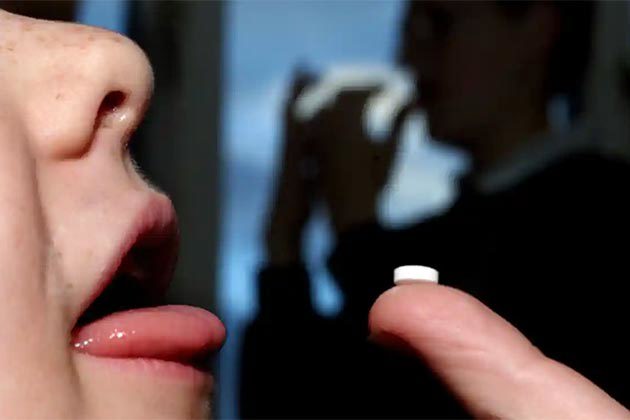Edited by Jill Wright,

Nearly a million prescriptions for Ritalin and related drugs for attention deficit hyperactivity disorder (ADHD) were dispensed last year – more than double the number of a decade ago.
The figures have prompted a damning indictment of the system from experts who claim that the running down of mental health services has led to children being misdiagnosed and inappropriately prescribed drugs.
There were 922,200 prescriptions last year for methylphenidate hydrochloride, the chemical name for Ritalin, and similar products. In 2010, 661,000 were dispensed compared with 359,100 in 2004. Guidelines from the National Institute for Health and Care Excellence suggest that the use of these drugs should only be a last resort. There have been repeated warnings from experts that clinicians were too readily prescribing psychostimulants to children when the evidence suggested there were no long-term benefits. Animal studies have also raised concerns over the potential for damage.
Tony Lloyd, chief executive officer of the ADHD Foundation, which offers support for children with the condition, said children were being let down by a cash-starved system. NHS spending on children’s mental health services in England has fallen by more than 6% in real terms since 2010.
“The guidelines are clear that drugs should be dispensed as a last resort. But that is clearly not what is happening,” said Lloyd. “They are prescribing because child mental health services are overwhelmed. There are very few services like ours.
“There has been a 41% increase in the number of children under the age of 16 in just the last five years, and so the small budget for mental health services is being focused on that.”
ADHD, which is suffered by well-known figures such as the world champion racing driver Lewis Hamilton and the actor Emma Watson, has symptoms such as inattentiveness, hyperactivity and impulsiveness over a sustained period.
The psychostimulants prescribed by doctors are thought to stimulate a part of the brain that changes mental and behavioural reactions.
Kate Fallon, chief executive of the Association of Educational Psychologists, said medicines were being prescribed by “harassed paediatricians”.
She added: “These figures show an exponential growth.
“We hear stories of teachers who had no idea that one of their pupils had ADHD until Mum appears with Ritalin. Conversely, we hear of teachers telling parents, ‘We can’t deal with this child, so you should go to the doctor’.”
ADHD is normally diagnosed between the ages of three and seven. It is believed to affect around 5% of schoolchildren in the UK. The surge in prescriptions to treat the condition mirrors the situation in the US, where there was an 83% increase in sales of the drug between 2006 and 2010.
The use of Ritalin for a year would be likely reduce a child’s growth by three-quarters of an inch. There is also evidence that it can precipitate self-harming behaviour.
An increased medical focus on the diagnosis and treatment of ADHD has left little thought into the broader factors that influence a child’s development, behaviour and wellbeing. This focuses on the pathology of the child and ignores the wider socio-cultural, psychological and developmental context in which the child grows and interacts. Most crucially, this diminishes the opportunity for the child and their family to access interventions that may more comprehensively address the underlying cause or meaning behind their child’s behaviour. Perhaps the rush toward medication represents a desperate plea when other supports are either inaccessible or unknown. Increasing understanding and supports at a community level, as well as increasing access to specialist support, is vital for families to feel empowered to make informed choices about how to best support their child’s development and behaviour.
Tags